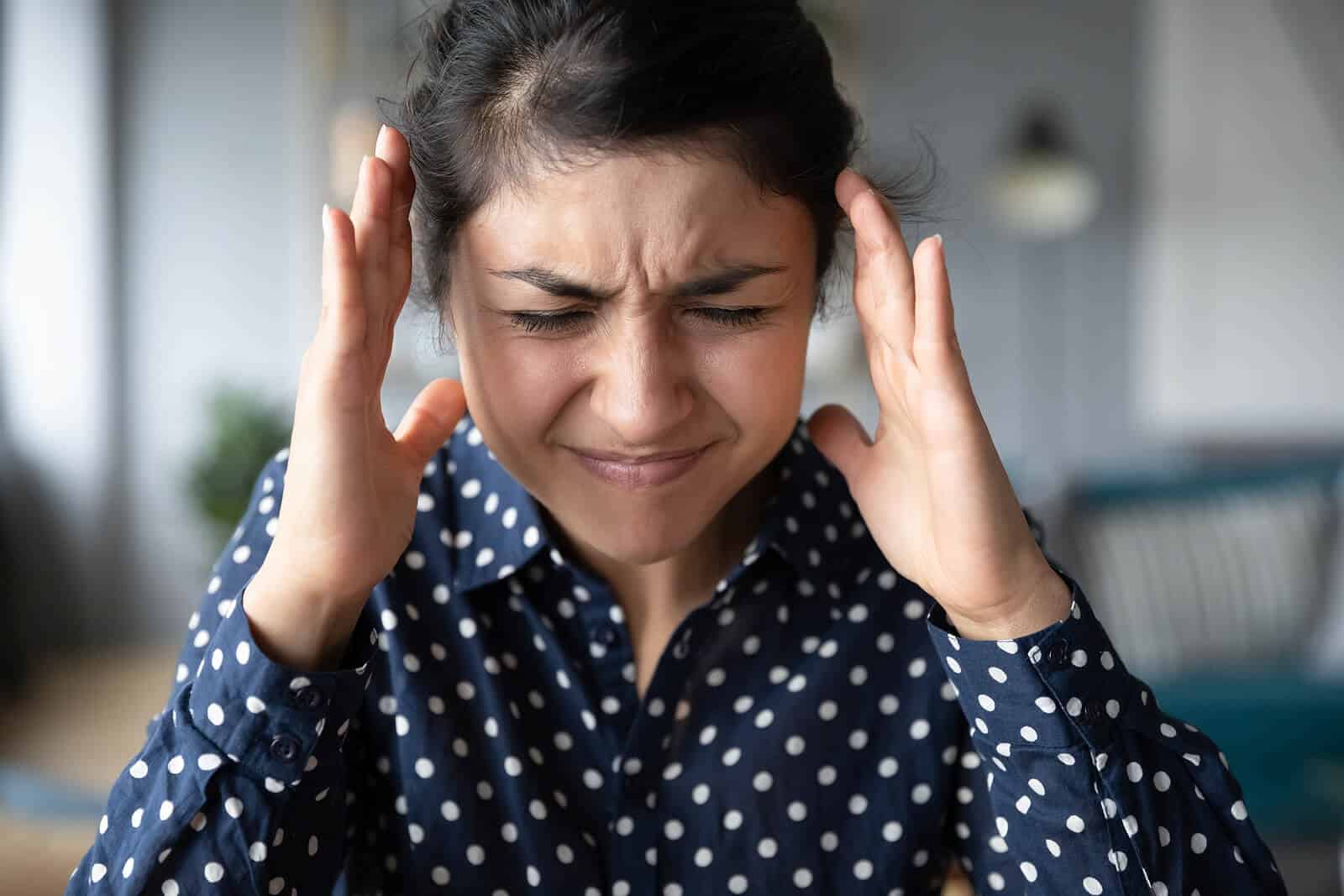
All too often the best restaurants are the most popular and that means noise! It’s the ambient music, the multiple conversations from diners and waiters, the clanging of dishes and pots simmering in the kitchen. The last time you went out to eat in a noisy restaurant, did you have trouble hearing? It’s common for anyone, but for those with hearing loss, added challenges come into play. Aside from the cacophony of noise in reverberant rooms, there are busy outdoor locations which may be subject to traffic noise. This puts those with sensorineural hearing loss at a disadvantage, even when wearing appropriate hearing aids.
A Hidden hearing loss may be present
There are a lot of factors which can make it hard to hear with hearing aids. Sometimes it can be inaccurate in inadequate programming which needs to be adjusted. A lot of hearing aids have specific settings for hearing in noise which may not be switched on. Often however we see people struggling to hear sounds and tones in noise that they were said to hear just fine on their hearing exam. This can often indicate a hidden hearing loss. A hidden hearing loss is a hearing loss which is not picked up on standard exams.
Often exposure to loud noise earlier in life can damage the connections between the inner ear and the hearing nerve. While the hearing test results often return as normal, the listener may have issues hearing in noise.
Central auditory system changes in listeners with normal hearing
Individuals who hear normally but have difficulty listening in noisy environments sometimes have what is known as central auditory processing disorders (CAPD). CAPD is difficult to diagnose because the issue does not lie in the ear but in the brain. CAPD can affect people of all ages and becomes higher in middle life, due to changes in the auditory pathways because of normal aging. As Covid-19 restrictions have loosened more and more people are reporting that they are struggling to hear. This in part could be because the break in social gathering increased the clarity that a hearing issue is present. Not only are people out of practice for socialization, but the brain is as well after years of controlled environments. This is known as brain “plasticity” or the ability of the brain to adapt.
Tips for Hearing in Noise
Even with hearing aids, hearing in restaurants and other crowded establishments can be challenging. Here are some tips to make it a bit easier:
Explore Assistive Listening Devices
Assistive listening devices (ALD) are not hearing aids but can help to amplify sound in specific situations. Some come as an added feature to hearing aids and include telecoil functions which stream amplified sound in public places to your ears. Others include remote microphones or FM systems for noisy settings.
Plan ahead when going out to eat:
- Pick a restaurant that may be easier to hear. Avoid peak hours and weekends when you can. Some restaurants are quieter than others.
- In a noisy restaurant, position yourself for success. Sit with your back to a wall or window, to limit noise from behind.
- If available a booth will insulate sound and make it easier for you to hear.
- Avoid sitting near a noisy kitchen or bar area.
- It can be tempting to pretend to hear what the other person is saying but in truth it is ruder to pretend than stopping the conversation to find out what the person has to say. Don’t be afraid to let your dining partner or partners that you are having trouble hearing. Ask them to maintain eye contact and speak at a medium pace to give you time to keep up in difficult listening environments.
- Position yourself so that you can see the speakers’ faces.
- Take advantage of your smartphone. You can access apps which offer live transcription which can act as a type of closed captioning for the conversation.
Have your hearing tested!
Even if you are wearing hearing aids, it doesn’t mean you don’t have to keep up with regular testing. Hearing loss is a progressive condition which often becomes worse over time. Make sure you’re programming, and hearing aids are still working for you. Contact us today to schedule a hearing exam.
